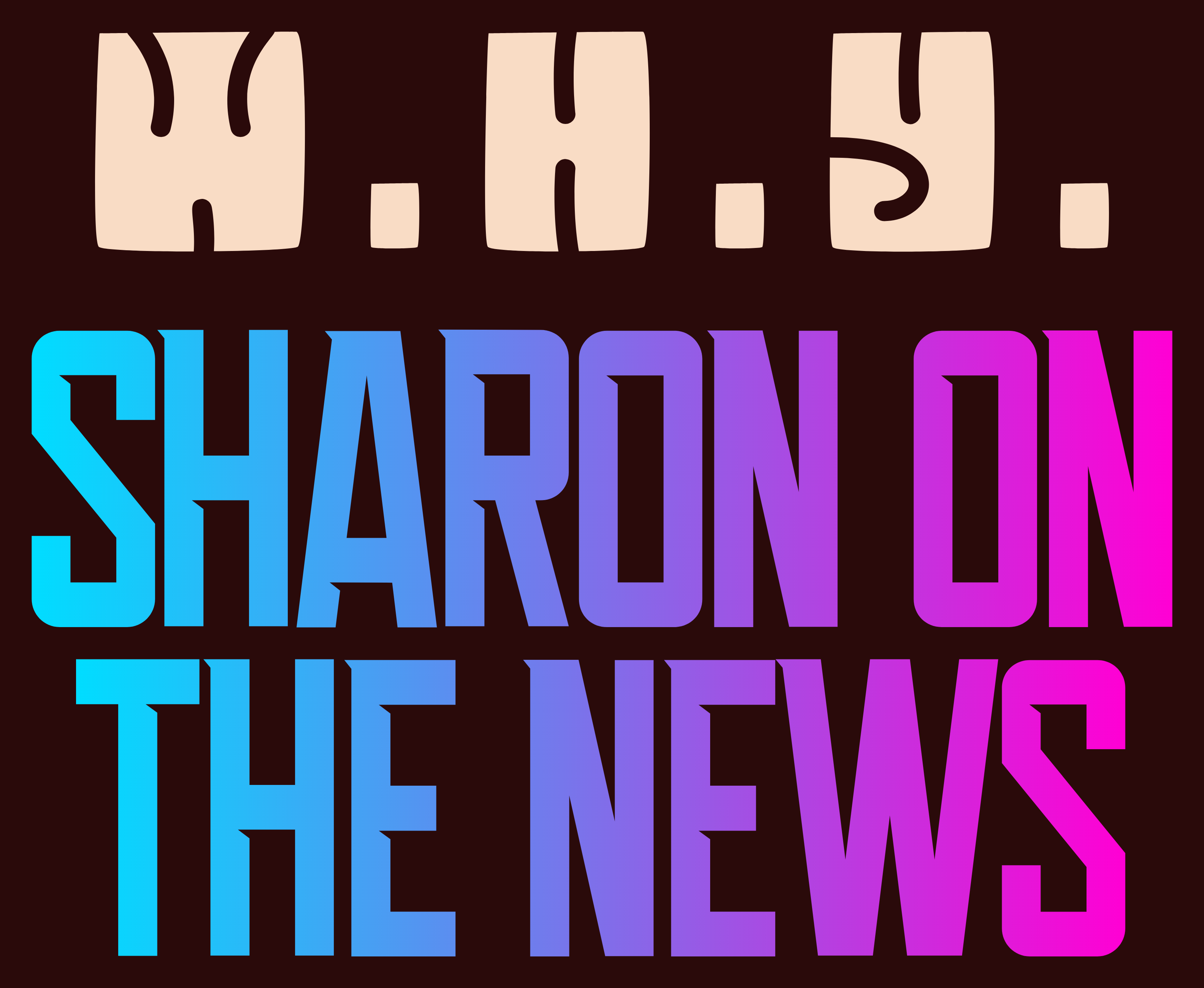Video games are the epitome of hyperbole.
Exaggeration to make a point. That’s hyperbole and is probably more commonly used than the lie in persuading an opponent or raising an issue. “It weighed a ton” doesn’t mean it actually weighed a ton. It means it weighed a lot, always more than the person looking at it thought it weighed.
Video games by their nature are exaggerated. Everything about the design, the plan, the expectations, the results.
Hyperbole has been around a lot longer than video games. In fact, since humans could communicate, that’s how long it’s been used as a tool to influence. To influence, we exaggerate for the purpose of imprinting the brain, not with the precise wordage, but with the basic message. And it works.
Everybody in the world knows how to identify it, use it and benefit by it – except apparently Millennials, who were raised on video games.
How do you think these games kept your attention long enough to raise you? Hyperbole. Exaggerating to make a point. A tool used to influence; to guide your thoughts thus your actions. It works.
So why do Millennials get so upset by the use of hyperbole, when they were raised on it?
My figure is that they lost often – the game, the video game.
They probably lost more often than they won. So much so, that when they hear someone use hyperbole, they go nuts, off the rails, can’t stand it. Shame them, ban them, name-call them, burn them in effigy, punch them in effigy.
Wow, who could have predicted the result of years of playing arcade or computer video games?
ZERO TOLERANCE FOR HYPERBOLE.
Since everybody uses it to influence others, that leaves the Millennials at a distinct disadvantage in coping with all forms of human interaction and behavior.

